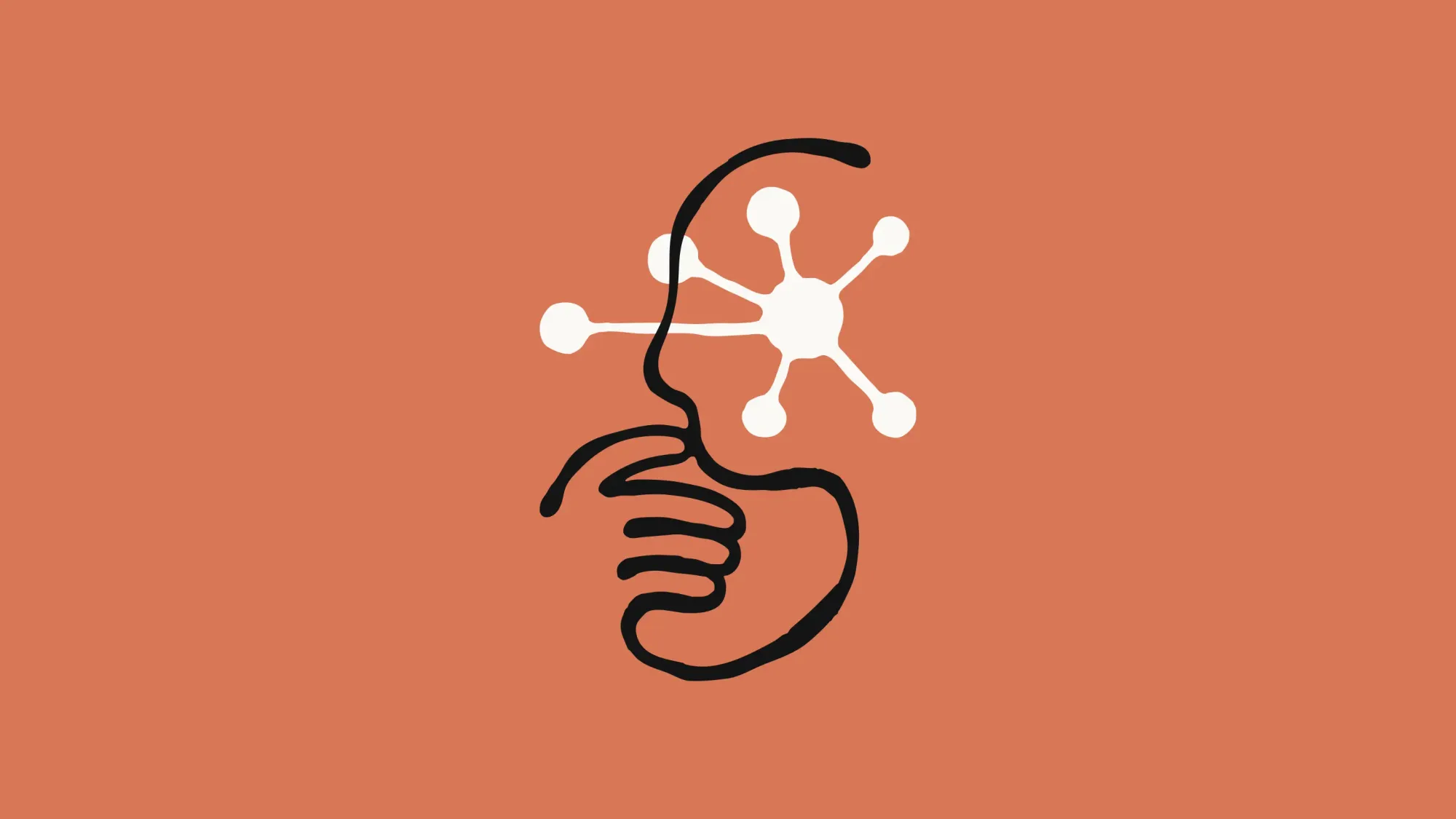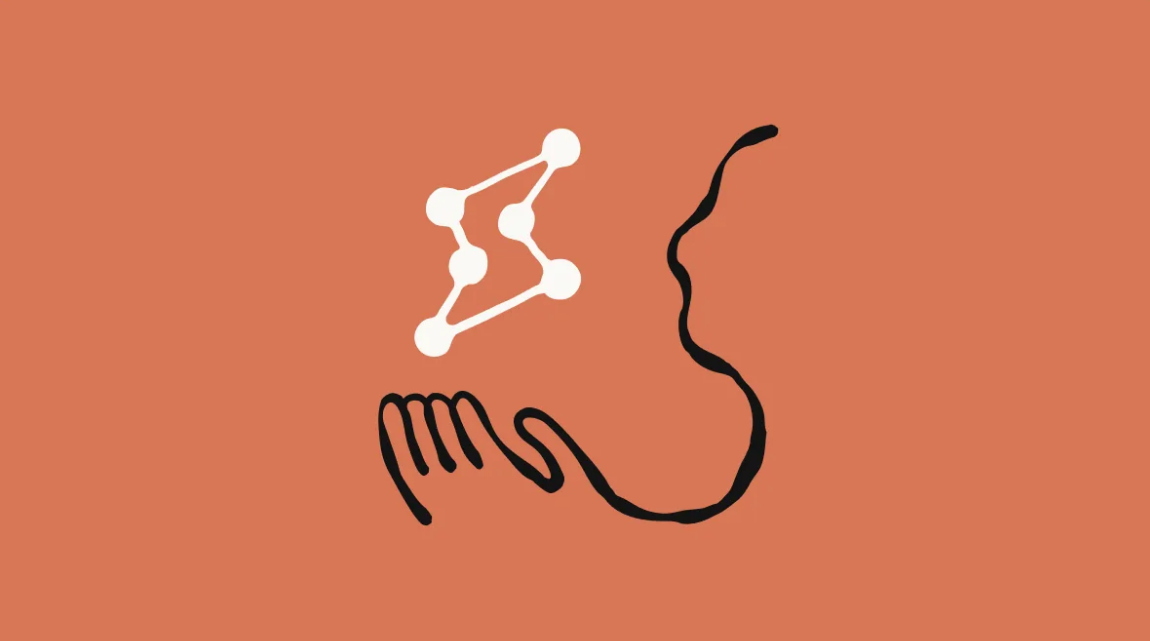The latest Claude model can switch between quick responses and deep reasoning, while Claude Code aims to automate programming tasks
Anthropic unveiled Claude 3.7 Sonnet today, introducing a novel “extended thinking” capability that allows the AI to toggle between rapid responses and in-depth reasoning. The company also announced Claude Code, a new tool that leverages the model for autonomous coding tasks.
Claude 3.7 Sonnet is described by Anthropic as a “hybrid reasoning model” – the first of its kind to combine quick answers and deeper analysis in a single system. For simpler queries, it focuses on speed. But when faced with complex problems, the AI can engage an extended thinking mode to work through multi-step reasoning, with its thought process visible to users.
“Just as humans use a single brain for both quick responses and deep reflection, we believe reasoning should be an integrated capability of frontier models rather than a separate model entirely,” Anthropic stated in its announcement.
The extended thinking feature gives Claude 3.7 Sonnet a significant boost in tackling difficult tasks. In benchmark tests, it outperformed other “thinking” models like OpenAI’s o1 and o3-mini on software engineering and complex real-world task evaluations. However, OpenAI’s o1 still edges out Claude in areas like math problem-solving and graduate-level reasoning.
Alongside the new model, Anthropic introduced Claude Code, an AI-powered coding assistant. Available through a limited research preview, Claude Code allows developers to delegate programming tasks directly from their terminal. While details are sparse, it appears to be Anthropic’s answer to increasingly capable coding AI tools from competitors.
Claude 3.7 Sonnet is now available through major cloud platforms, including Amazon’s Bedrock and Google Cloud’s Vertex AI. For developers and businesses, the model offers expanded capabilities, including the ability to handle up to 128,000 output tokens – 16 times longer than its predecessor. This increased capacity is particularly valuable for extensive code generation and complex planning tasks.
As AI models grow more sophisticated, Anthropic’s approach of making Claude’s reasoning process visible could have implications for transparency and trust in AI systems. However, it remains to be seen how this “thinking out loud” capability will be received by users and how it might influence the competitive landscape of large language models.






